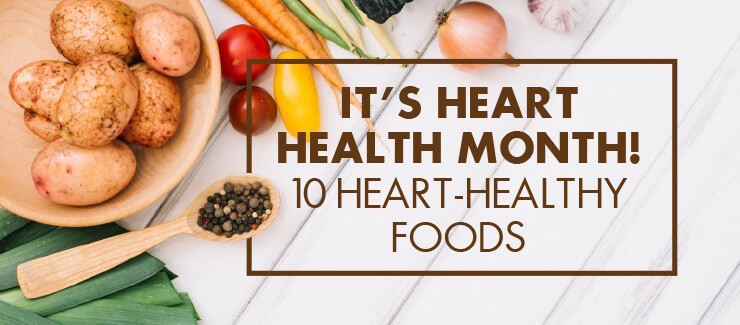
This month, we are highlighting Heart Health to raise the awareness of heart disease. Did you know, according to The Heart Foundation, that heart disease is the number one cause of death for both men and women in the United States? It claims approximately 1 million lives annually. The ironic news? It happens to be one of the most preventable!
So, this month to honor Heart Health Month we have selected ten top foods to help you prevent heart disease and make heart-healthy choices!
Heart Healthy Foods
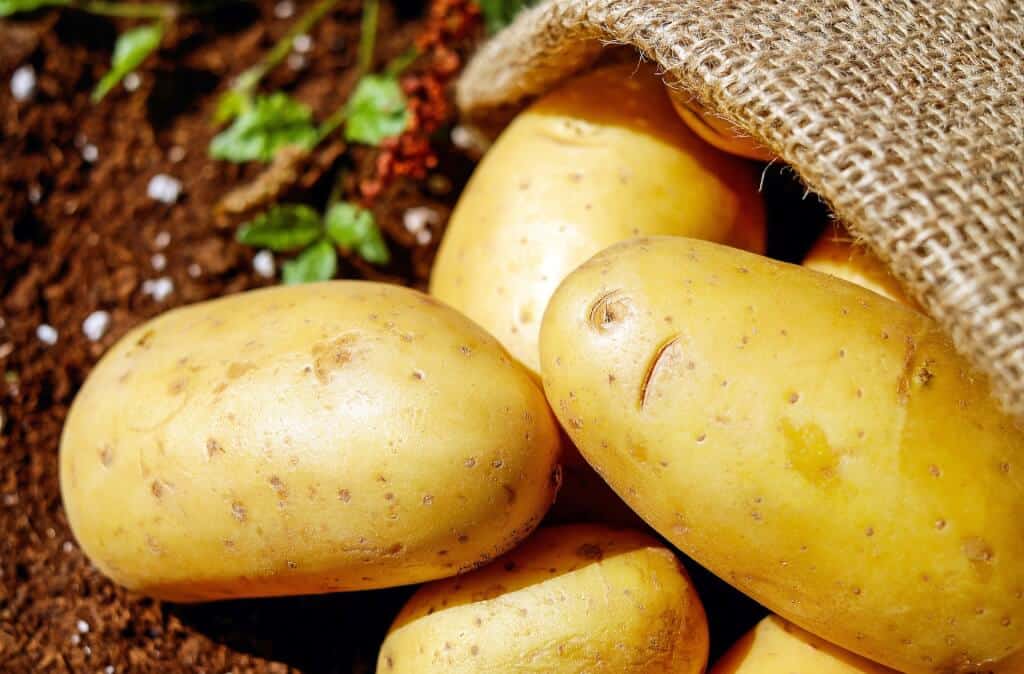
Potatoes
Heart Benefits:- Helps control LDL cholesterol levels
- Contain significant amounts of fiber. Fiber helps lower the total amount of cholesterol in the blood, thereby decreasing the risk of heart disease.
- Potassium, calcium, and magnesium are all present in the potato. These have been found to decrease blood pressure naturally.
- Potatoes are a good source of Vitamin B6. Vitamin B6 is required for the synthesis of hemoglobin and essential component of red blood cells. It also helps reduce levels of homocysteine, of which high levels have been implicated in heart disease and stroke.
- About 20% of potato nutrition is found in the skin; the majority is in the flesh.
- When selecting potatoes, look for spuds that are well formed, smooth and firm. They shouldn’t have discoloration, cracks or soft spots.
- Green Giant Fresh grows CarbSmart™ potatoes that now have 55% less carbs than rice or pasta, as well as 27% less carbs than standard potatoes
- Some evidence suggests that potatoes might help reduce inflammation and constipation
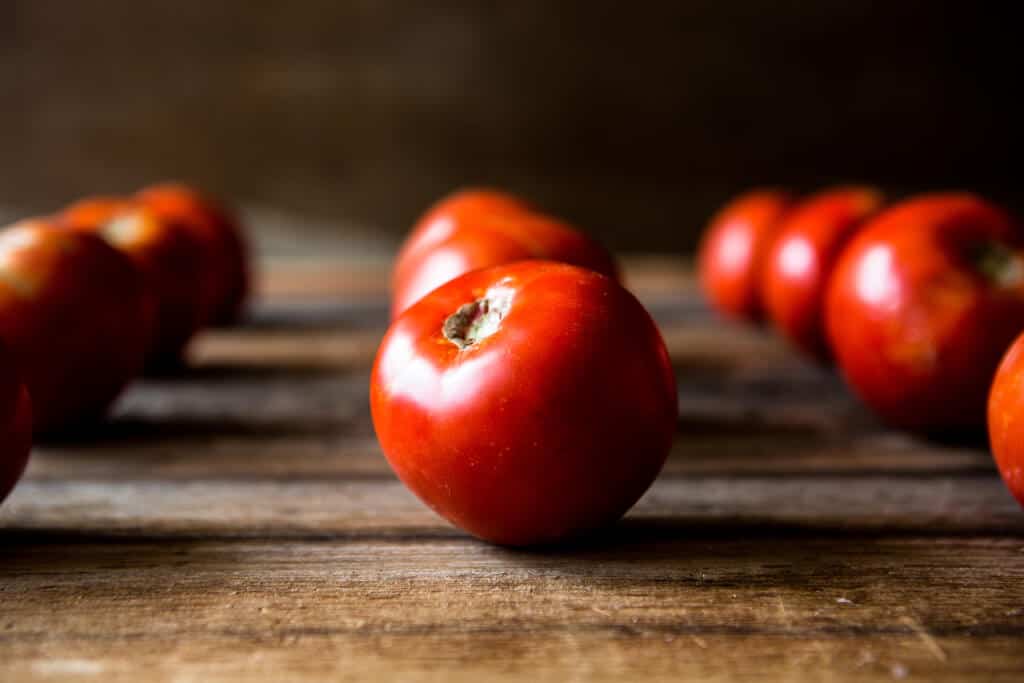
Tomatoes
Heart Benefits:- Lycopene is a chemical that gives a tomato its red color and is also a powerful antioxidant, a type of substance that helps keep cells from becoming damaged. Some research shows that lycopene may lower LDL, or “bad” cholesterol, and keep blood from clotting.
- Tomatoes are full of potassium. Potassium is a mineral that can help lower blood pressure by taking some of the sodium out of your body, and by relaxing the walls of your blood vessels.
- Tomatoes are also a good source of, niacin, vitamin B6, and folate—a great heart-healthy combination of nutrients.
- Studies have shown that men who consume 10 servings of tomatoes/week cut their risk of prostate cancer by 45%.
- In the United States, more tomatoes are consumed than any other single fruit or vegetable!
- NatureSweet® has been growing a variety of different types of tomatoes in a greenhouse with extra TLC and supervision. Pollinated the old-fashioned way - with bumble bees!
- SunBursts™, Sweet Golden Snack Tomatoes, are one of many varieties that you can find in local grocery stores
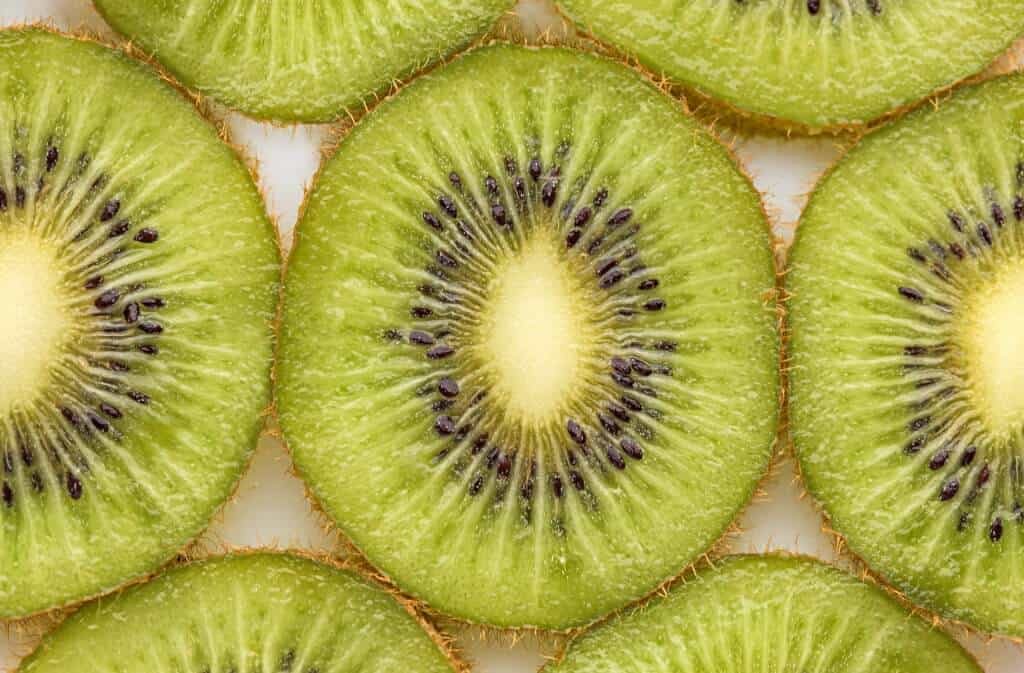
Kiwis
Heart Benefits:- The fiber found in kiwi is very heart-healthy, along with vitamin K, which is able to prevent the buildup of calcium in the arteries.
- Full of Lutein, this powerful antioxidant is thought to be one of the active components in the kiwi that reduces blood pressure.
- Kiwi’s vitamin E content is fat-free and a strong component in lowering cholesterol and fighting free radicals.
- Kiwi fruit contain a very special enzyme that does not occur in any other kind of fruit: actinidine. Actinidine breaks down protein. Put it in contact with a piece of meat and the meat becomes more tender.
- One serving of kiwifruit (two medium fruits) contains more potassium than a banana, the vitamin C of two oranges, and the amount of fiber in a bowl of bran cereal.
- Kiwifruits rank even higher in Lutein content than spinach!
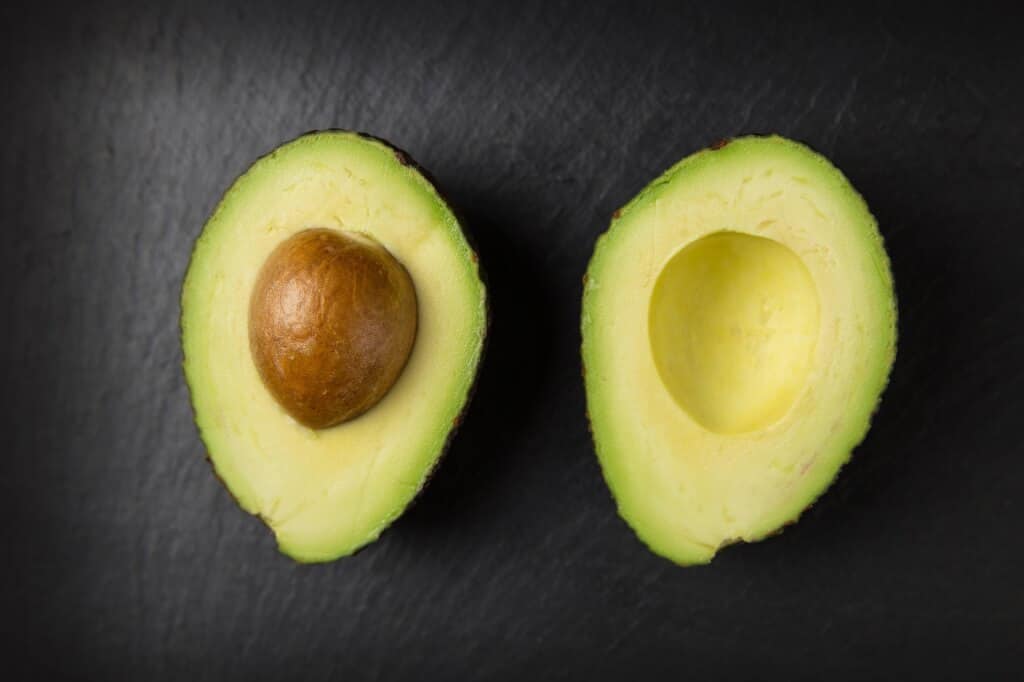
Avocado
Heart Benefits:- Avocados are a cholesterol-free & sugar-free food helping lower the risk of coronary heart disease.
- Avocados contain 38 milligrams of beta-sitosterol per 50g serving. Beta-sitosterol is one of the three predominant phytosterols found in plants. These compounds can compete with dietary cholesterol during absorption by the intestines, thereby reducing cholesterol absorption.
- Avocados can help boost fruit intake and are considered nutrient-dense. Over 75% of the fat in avocados is unsaturated (good fats) and good for your heart health.
- Avocado oil is added to many cosmetics because if its ability to nourish the skin and make it glow.
- There are 10 grams of fiber in one medium-sized avocado.
- Avocados are a FRUIT, not a vegetable, and can be found in grocery stores because of our friends at Del Monte. They've been growing avocados for 125 years.
- Avocados are one of the only fruits that contain heart-healthy monounsaturated fat (the good-for-you fat) that helps boost good (HDL) cholesterol and lowers bad (LDL) cholesterol.
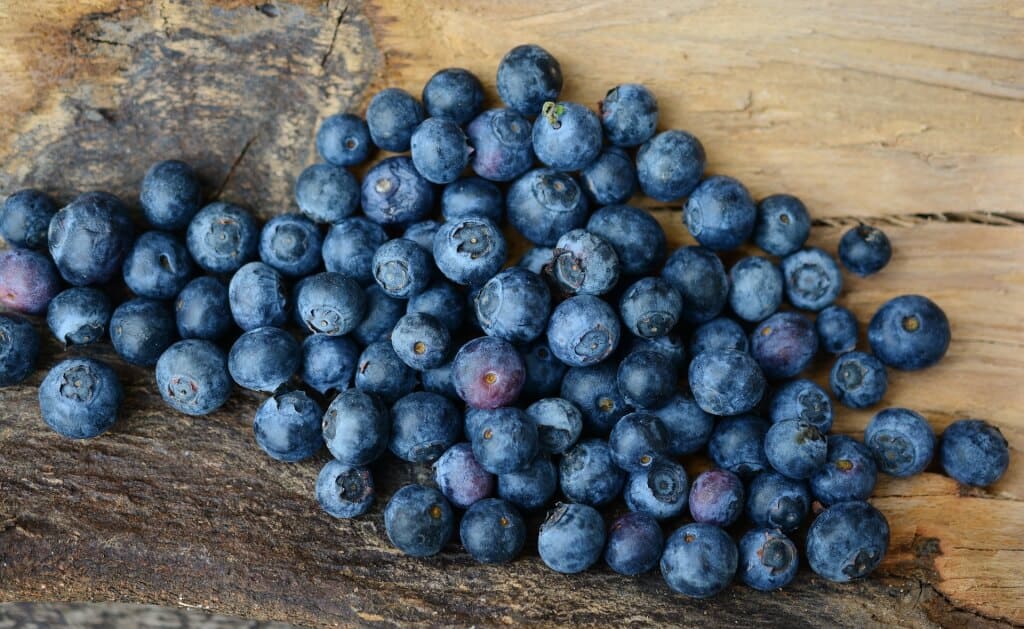
Blueberries
Heart Benefits- According to the U.S. Highbush Blueberry Council, researchers believe that the antioxidants in blueberries work to reduce the buildup of "bad" LDL cholesterol in artery walls that contributes to cardiovascular disease and stroke.
- Wild blueberries are rich in antioxidants. One serving of wild blueberries has more total antioxidant capacity than one serving of cranberries, strawberries, plums or others
- A growing body of research points to the potential for a blueberry-enriched diet to promote heart health.
- Laboratory studies revealed that wild blueberries could help regulate blood pressure and have the potential to decrease the vulnerability of heart blood vessels to oxidative stress and inflammation.
- Blueberries are good for brain health, as they can help reverse short-term memory loss.
- Blueberries are small, around 5-16 millimeters (0.2-0.6 inches) in diameter, and have a flared crown at the end.
- Blueberries are a rich source of potassium, manganese, copper, iron and zinc - that's good for blood health!
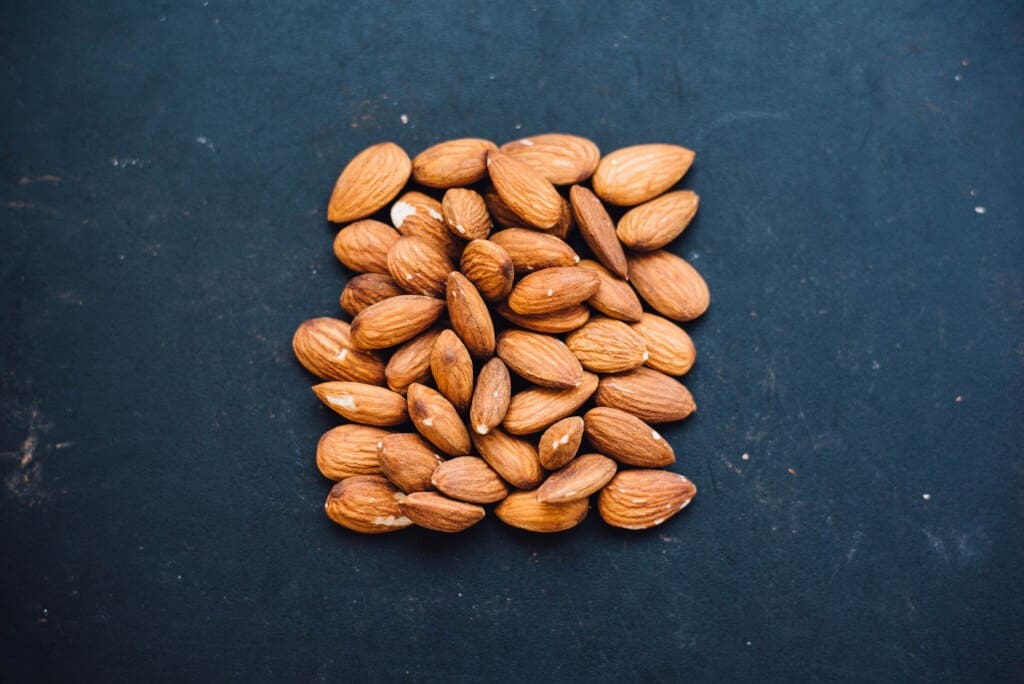
Almonds
Heart Benefits:- Almonds are cholesterol-free, have only 1 gram of saturated fat, and have 13 grams of unsaturated fat per one ounce serving.
- A study published in the Journal of the American Dietetic Association suggests that consuming almonds increases vitamin E levels in the plasma and red blood cells, and also lowers cholesterol levels.
- In a study, published in 2014, scientists found that almonds significantly increased the amount of antioxidants in the bloodstream, reduced blood pressure, and improved blood flow.
- Almonds aren’t actually a nut at all – they’re a seed!
- Store in a tightly sealed container, away from sunlight
- Since almonds have a high fat content, store them properly to prevent from becoming rancid
- Almonds are a great source of zinc and vitamins
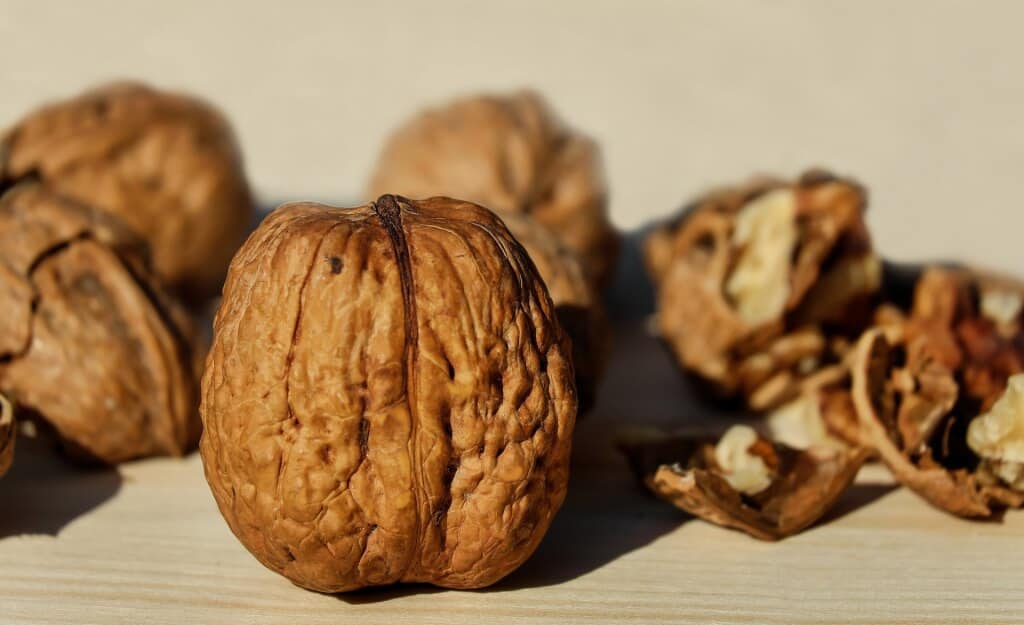
Walnuts
Heart Benefits- Preliminary findings from an ongoing study presented in April at the Experimental Biology 2016 meeting in San Diego, CA, indicates that the daily consumption of walnuts has a positive effect on cholesterol levels, without increasing body weight.
- Walnuts were found to have more antioxidants -- and better-quality antioxidants -- than other popular nuts tested. Antioxidants protect cells against damage caused by harmful molecules known as free radicals. The damage can play a role in heart disease and other health conditions.
- They can lower cholesterol, reduce the oxidative stress caused by the free radicals, and decrease unhealthy inflammation.
- Walnuts are a good source of magnesium. Low magnesium diets have been linked to reduced insulin sensitivity and increased risk of type 2 Diabetes.
- 99% of the US walnut production is concentrated in California
- Good source of monunsaturated fatty acids and excellent source of omega 3 essential fatty acids linoleic, alpha-linolenic acid
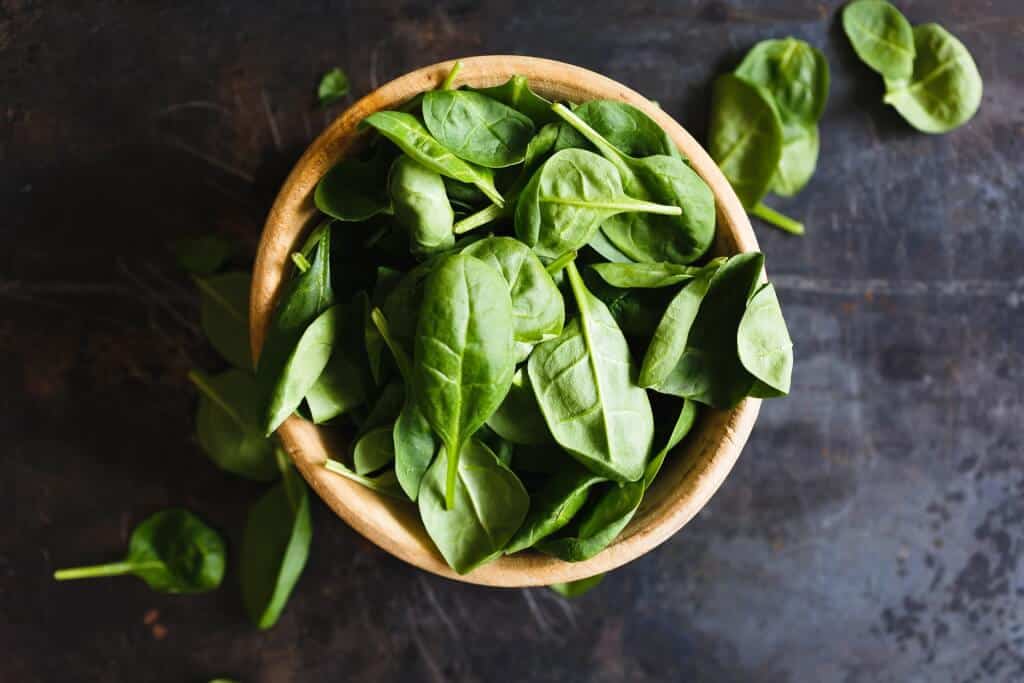
Spinach
Heart Benefits- Due to its high potassium content, spinach is recommended for people with high blood pressure; it can help reduce the effects of sodium in the body.
- Spinach leaves contain a great variety of antioxidants: vitamins A and C as well as polyphenol antioxidants, lutein, beta-carotene, and zea-xanthin.
- Such a rich and potent antioxidant combination protects your body from oxygen-derived free radicals and reactive oxygen species.
- Spinach is also a good source of healthy omega-3 fatty acids, which your body utilizes for energy and helps prevent various heart diseases and regulates blood pressure.
- Spinach leaves are a mild diuretic and mild laxative.
- Cooking spinach actually increases its health benefits! Just half a cup of cooked spinach will give you twice as much nutrition as one cup of raw spinach.
- Good plant based source of Iron.
Kale
Heart Benefits- The fiber, potassium, vitamin C, and vitamin B6 found in kale all support heart health. Increasing potassium intake while decreasing sodium intake is recommended to reduce the risk of cardiovascular disease (CVD).
- Kale is high in vitamins K, A and C. Vitamin K is important for heart health, blot clotting, bone health, cancer prevention and diabetes prevention.
- Kale has a good balance of omega-3 and omega-6 fatty acids, necessary for heart health.. Studies have linked omega-6 fatty acids to a decreased risk of heart disease.
- It is related to cruciferous vegetables like cabbage, broccoli, cauliflower, collard greens and brussel sprouts.
- The leaves can be green or purple in color, and have either a smooth or curly shape
- Kale has more calcium per calorie when compared to a glass of milk!
- Researchers can now identify over 45 different flavonoids in kale.
Pomegranate
Heart benefits:- Recent clinical trials have found that with as little as 2 ounces a day, pomegranate juice benefits can lower high blood pressure, improve cholesterol, and even decrease plaques in your arteries, reducing your risk for heart disease and other cardiovascular diseases.
- Pomegranate has powerful antioxidant and anti-inflammatory properties as well as other attributes that make it an effective juice to lower blood pressure
- Researchers found that pomegranate juice not only appears to prevent hardening of the arteries by reducing blood vessel damage, but the antioxidant-rich juice may also reverse the progression of disease.
- Pomegranate juice has been found to be just as effective as prescription mouthwash at ridding the mouth of plaque, the bacteria that causes cavities and gingivitis.
- Pomegranates have polyphenols, a type of antioxidant that many believe slows aging.
- Using a cotton ball, massage your face with pomegranate juice, leave it for 15 minutes and then wash it for an instant glow.
Whatever foods you like to eat, make sure that they're good for your heart, too! Always find a full list of details on each food in our HEATLH: FOODS A-Z Guide! Healthy, happy eating!


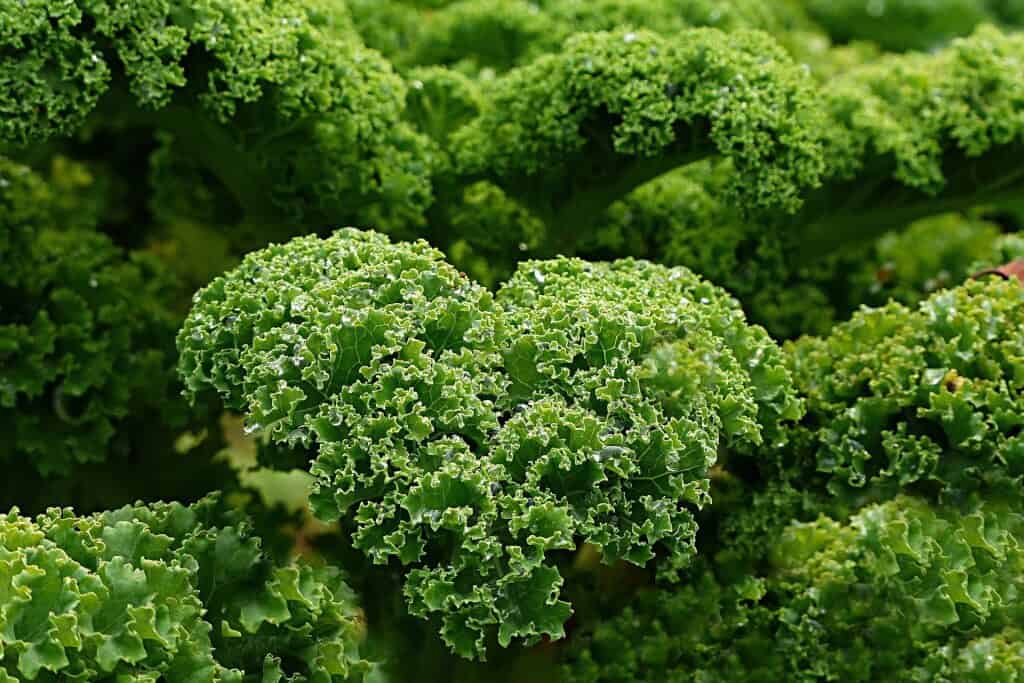
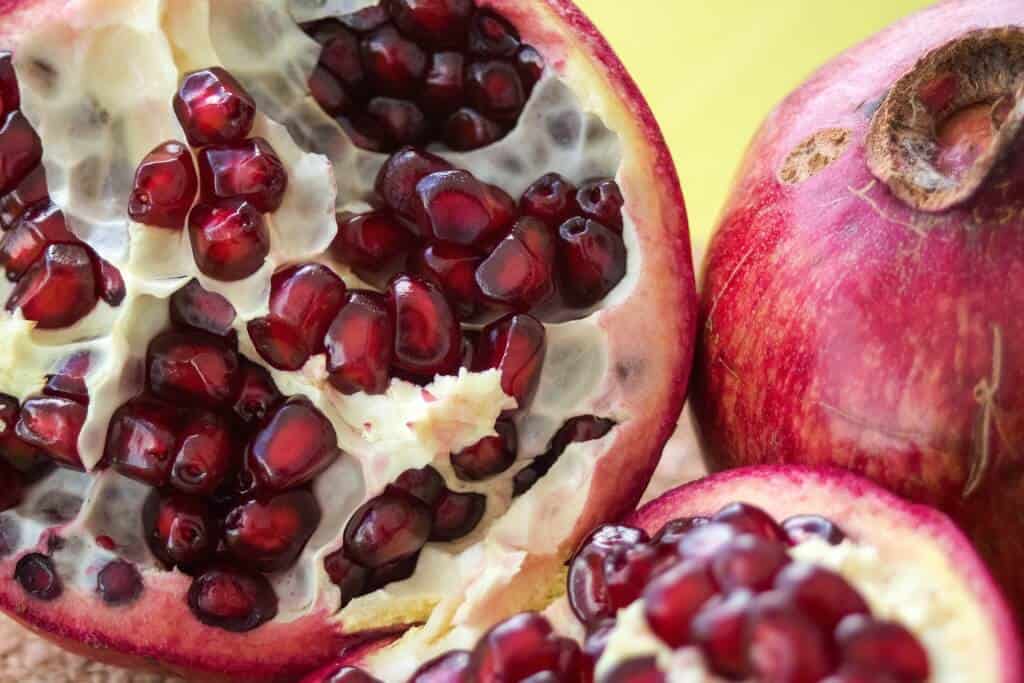
Comments